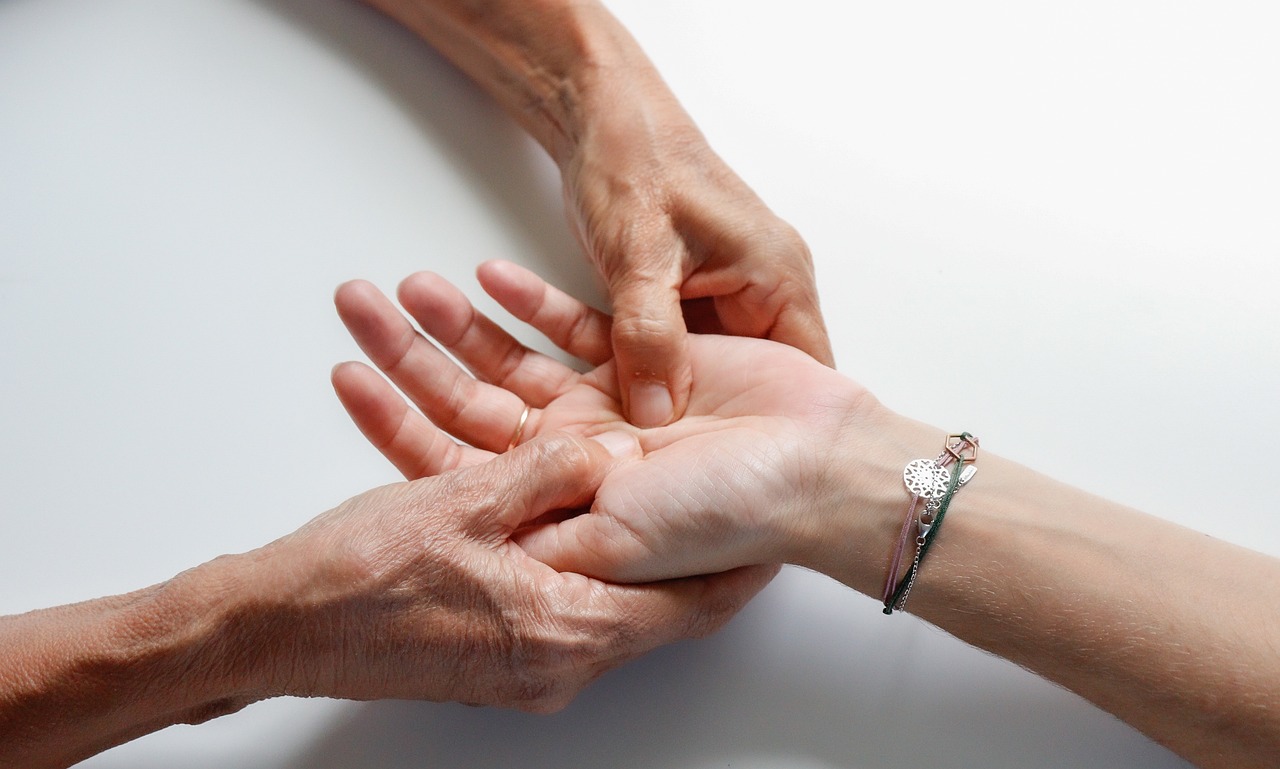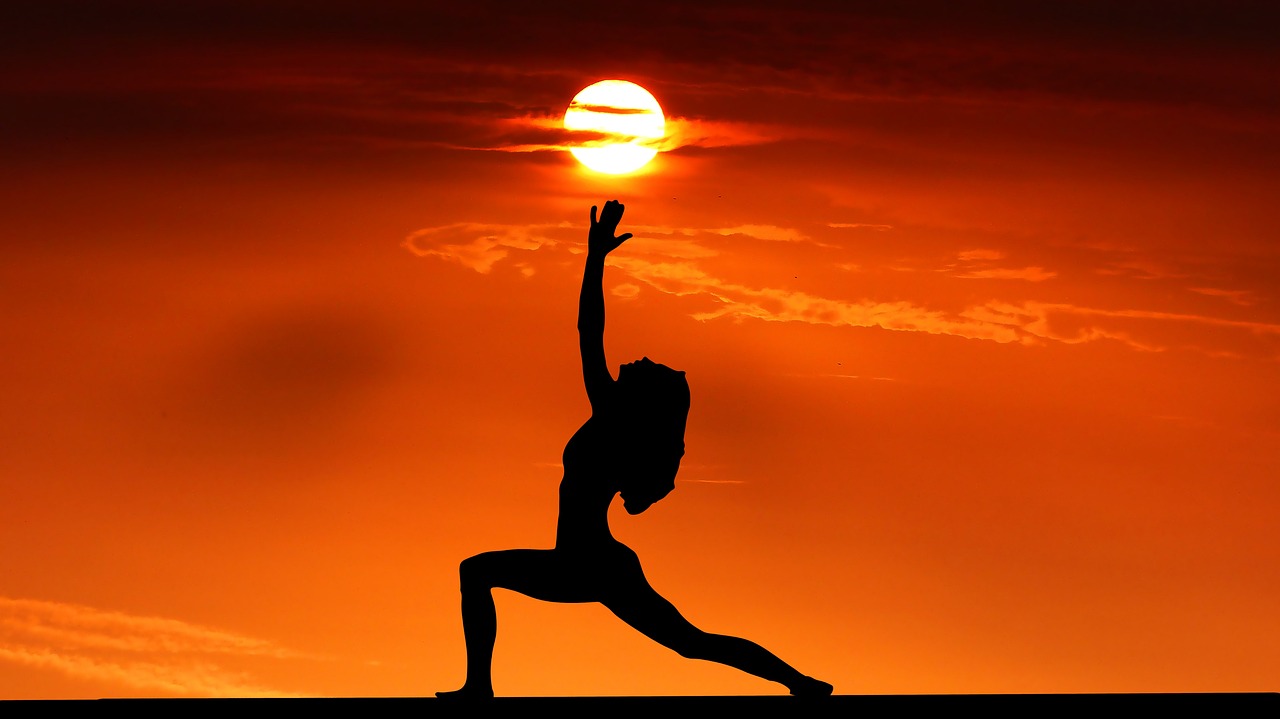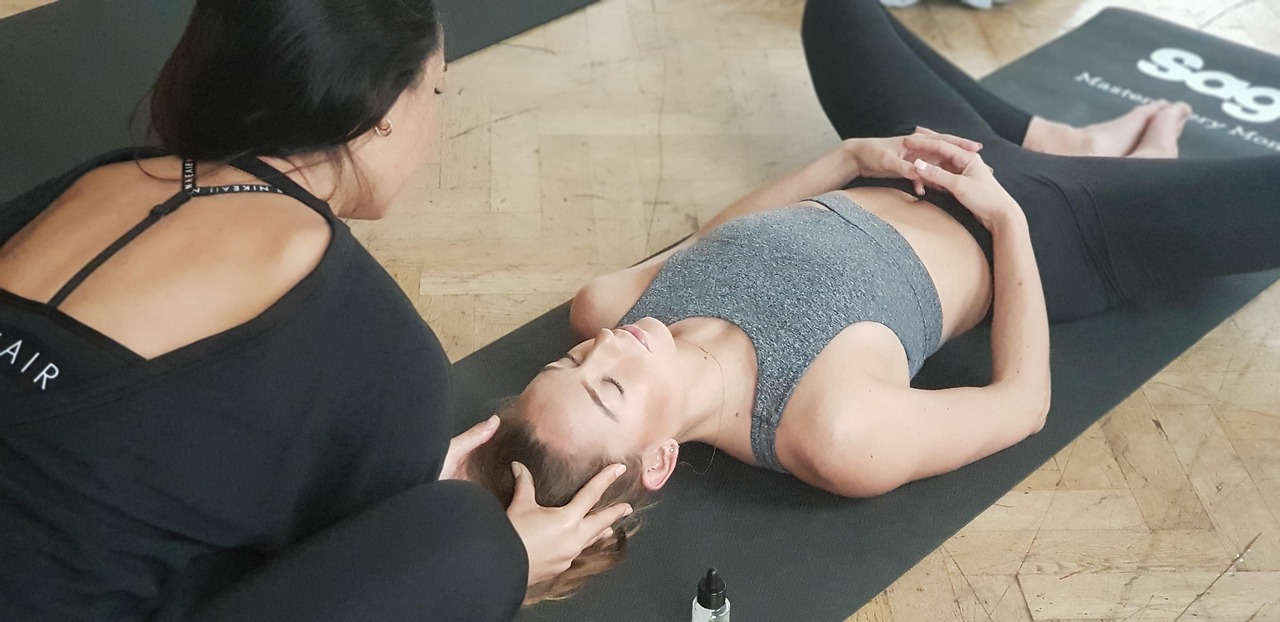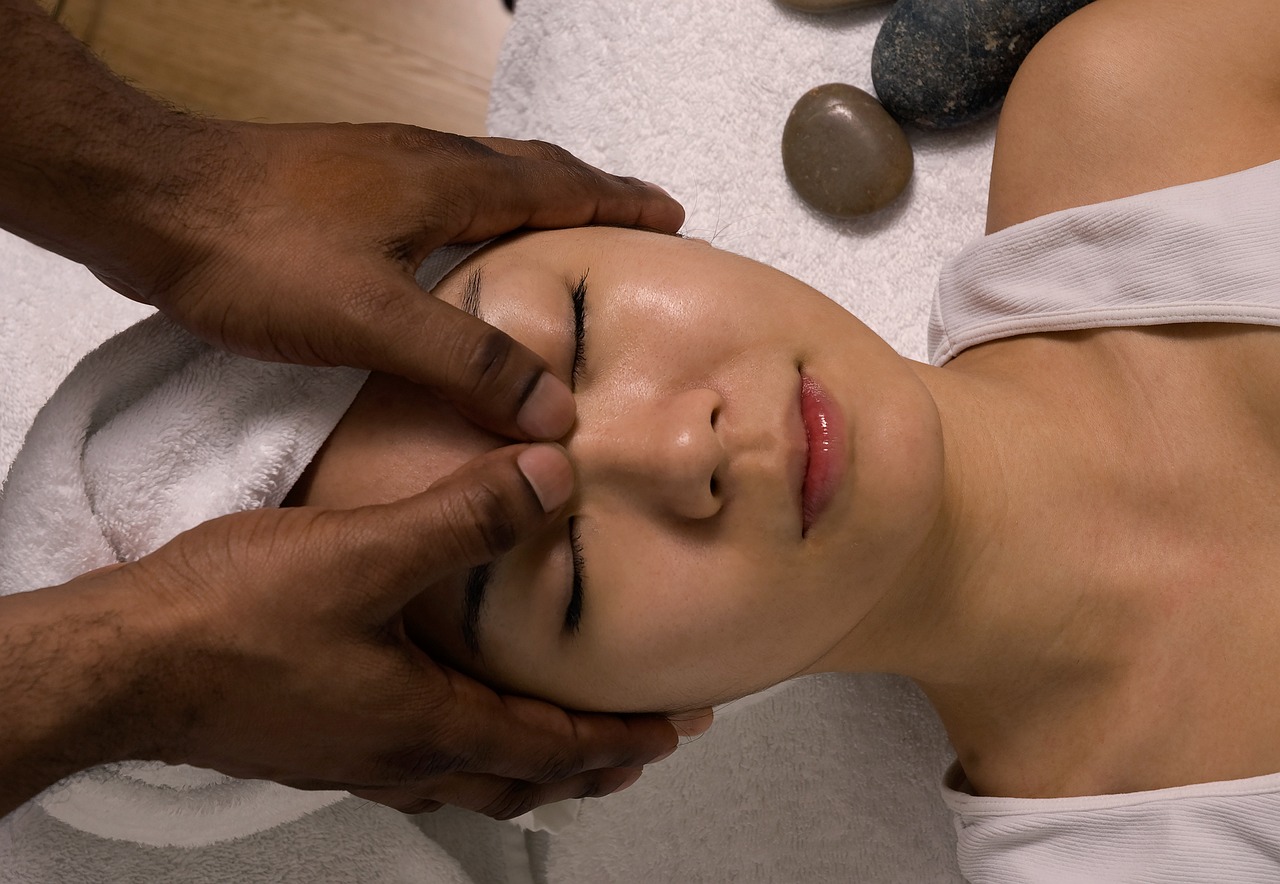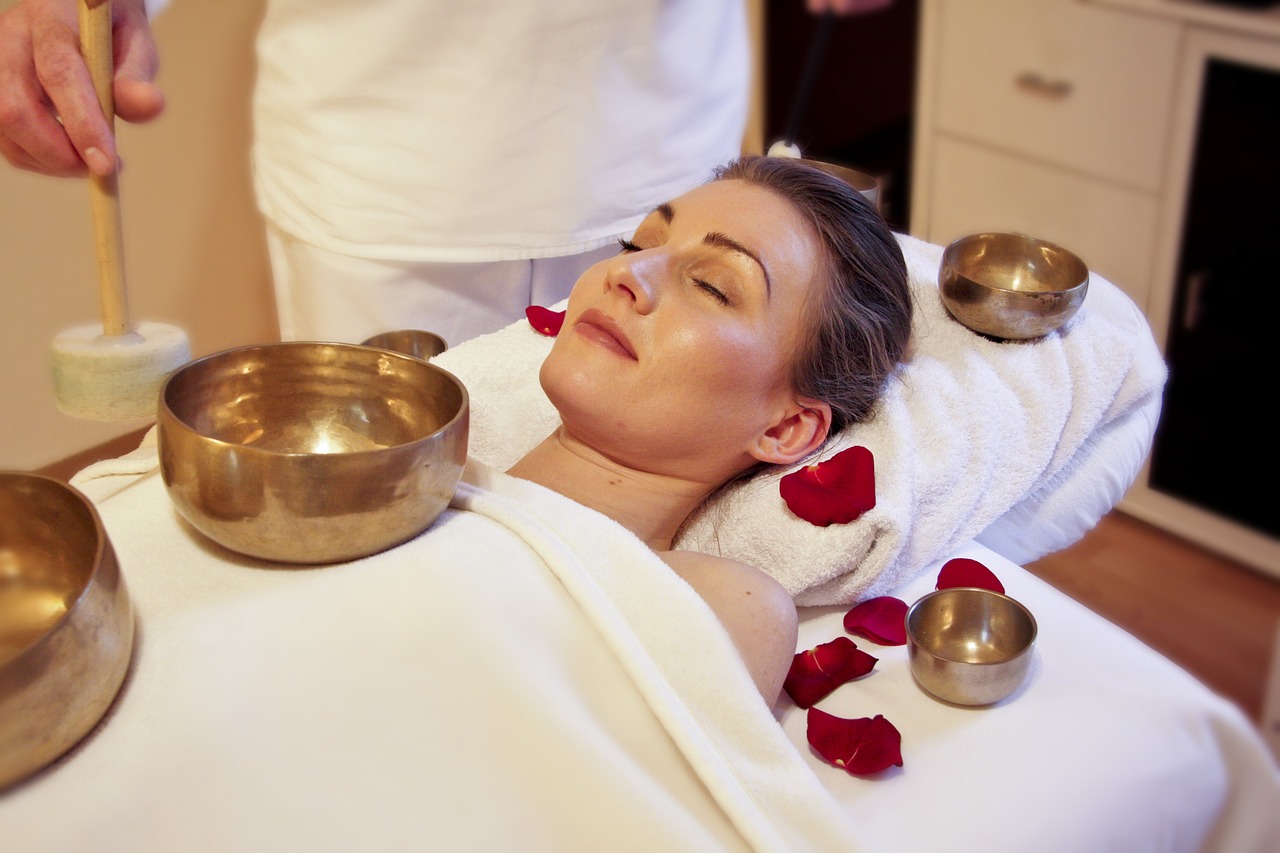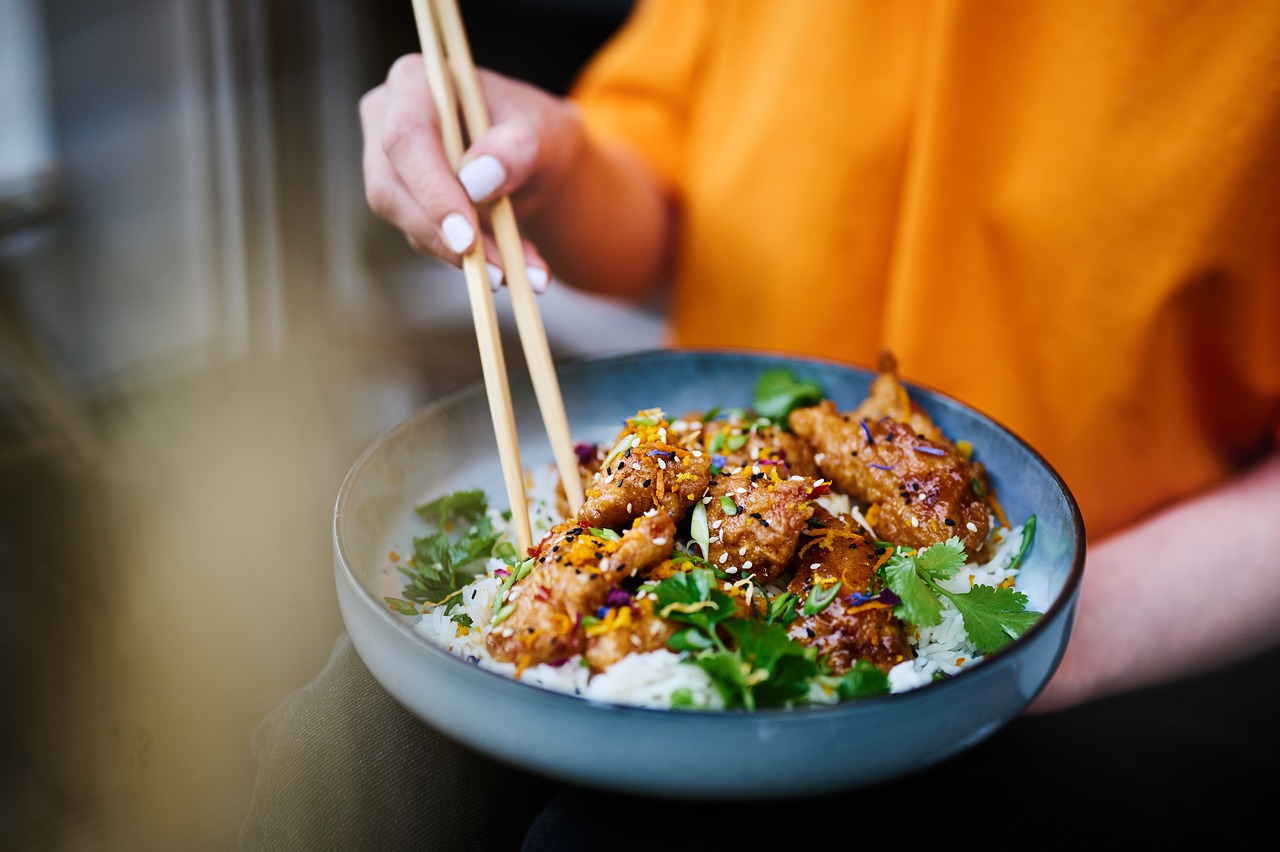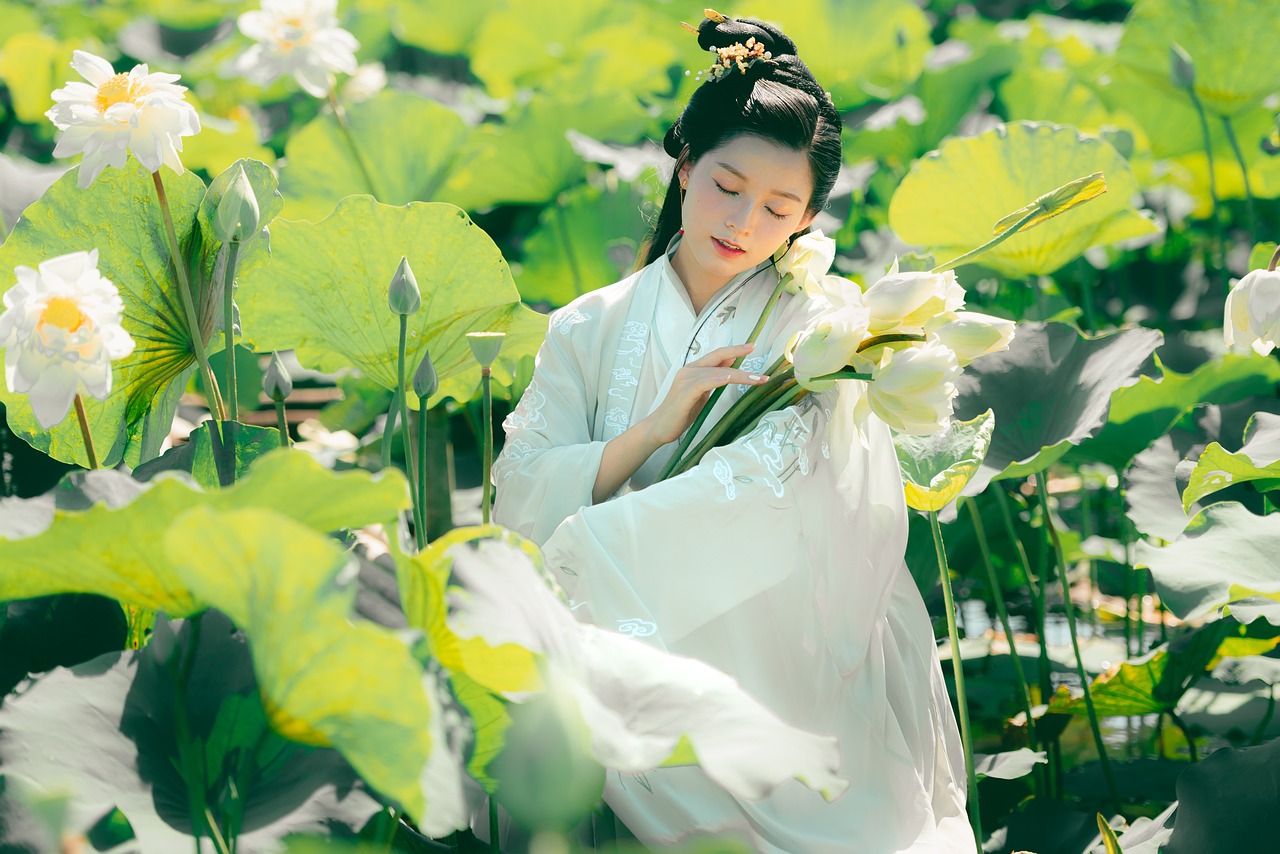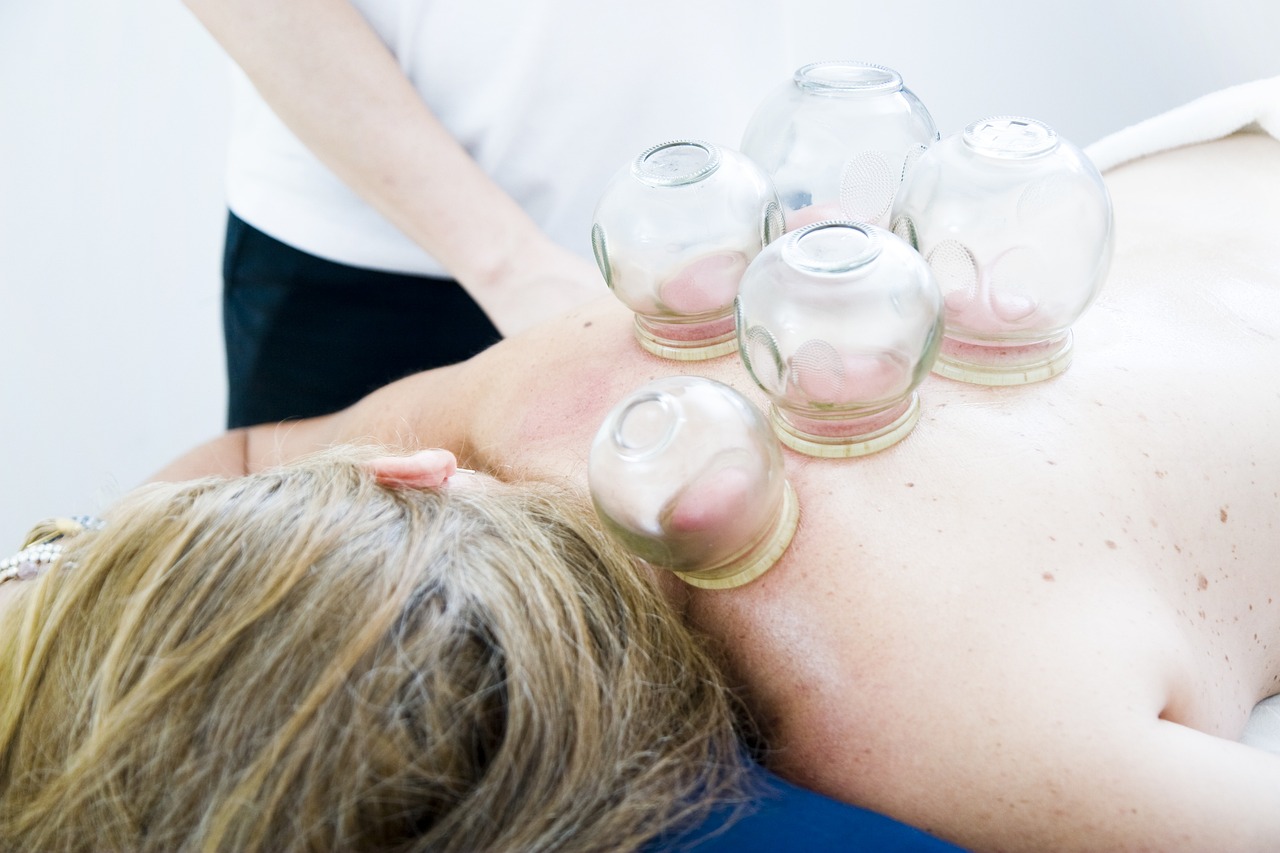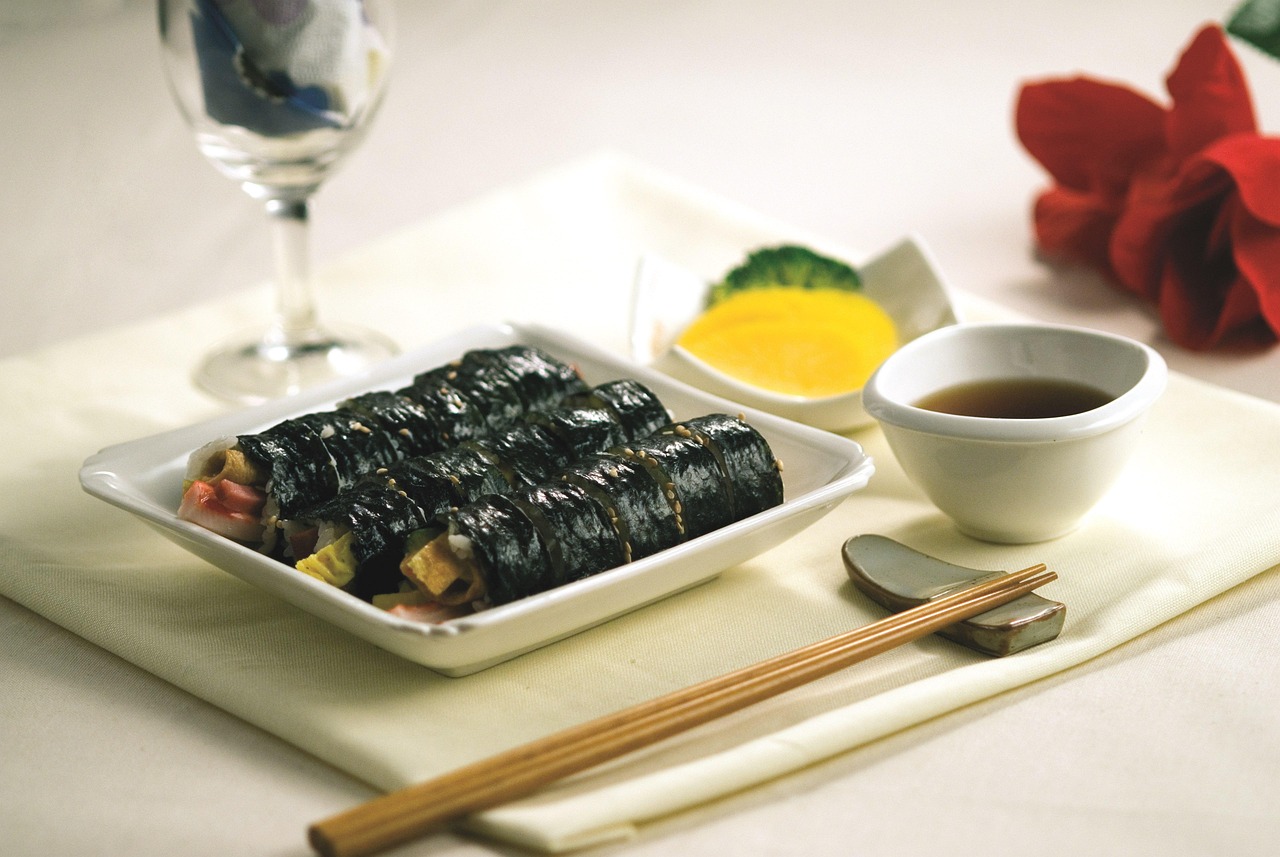This article explores the numerous health benefits of regular Asian massage treatments, highlighting their impact on physical and mental wellness, stress reduction, and overall health improvement.
Asian massage encompasses a variety of techniques originating from countries like China, Japan, and Thailand, each offering unique approaches to healing and relaxation through manipulation of the body. These techniques not only provide relaxation but also promote a holistic approach to health.
Regular Asian massage treatments can significantly enhance physical health by improving circulation, alleviating muscle tension, and promoting overall body function.
Asian massage techniques stimulate blood flow, enhancing oxygen delivery to tissues and supporting overall organ function. This can lead to better health outcomes and increased energy levels.
- Acupressure: Focuses on pressure points to boost circulation.
- Shiatsu: A Japanese technique that promotes healing through rhythmic pressure.
Consistent improvement in circulation can lead to a reduced risk of cardiovascular issues and enhanced overall vitality.
Asian massage effectively targets muscle tension, helping to alleviate pain and discomfort while promoting relaxation and flexibility. Techniques such as Thai massage and Tui Na are particularly effective in this regard.
Beyond physical advantages, Asian massage treatments offer significant mental health benefits, including stress relief, anxiety reduction, and improved mood.
Various Asian massage styles incorporate breathing techniques and rhythmic movements that help reduce stress levels and promote a sense of calm.
Regular sessions can improve mental clarity and focus, contributing to better decision-making and productivity in daily life.
Asian massage may enhance immune system function by reducing stress and promoting relaxation, which are crucial for maintaining overall health.
Studies suggest that regular massage can increase the activity of immune cells, helping the body to fend off illnesses more effectively.
Incorporating Asian massage into regular wellness routines can help maintain a balanced immune system and overall health.
With various styles available, selecting the right type of Asian massage is essential to maximize its benefits for individual health needs.
Exploring popular techniques such as Thai massage, Tui Na, and Ayurvedic massage can help individuals find the right fit for their wellness goals.
Seeking advice from certified massage therapists can ensure that individuals choose the most effective techniques tailored to their specific needs.
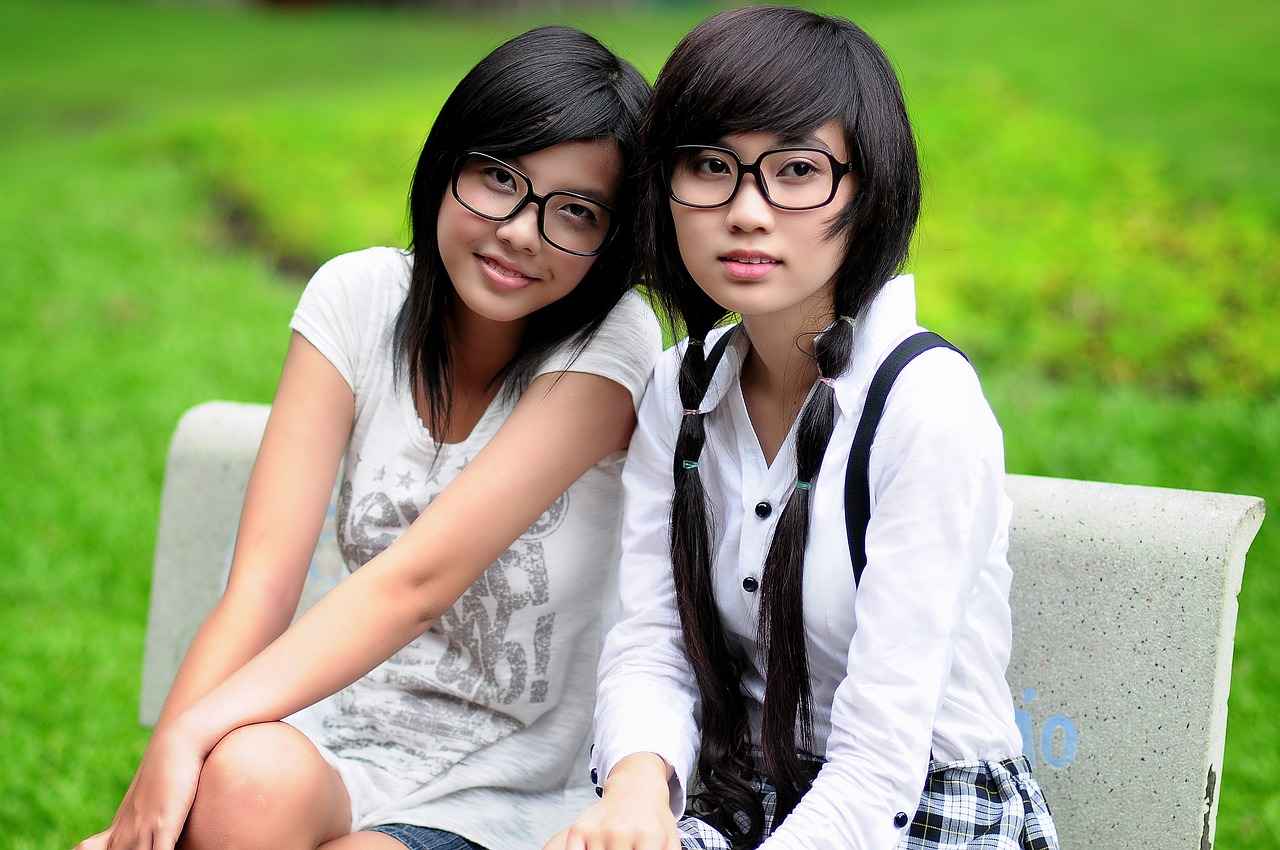
What is Asian Massage?
Asian massage is a holistic practice that integrates various techniques and philosophies derived from ancient traditions in countries such as China, Japan, and Thailand. Each technique is designed to promote healing and relaxation through the careful manipulation of the body. This form of therapy not only focuses on physical well-being but also emphasizes the importance of mental and emotional balance.
Utilizing methods like acupressure, Shiatsu, and Thai massage, practitioners aim to restore the flow of energy within the body, often referred to as Qi or Chi. These techniques involve applying pressure to specific points, stretching, and rhythmic movements that can help alleviate stress and tension.
Asian massage is not merely a luxury; it serves as a vital component of a healthy lifestyle. Many individuals seek out these treatments for their ability to enhance physical health, improve mental clarity, and promote a profound sense of relaxation. The diverse range of techniques allows for personalized experiences tailored to individual needs and preferences.
- Chinese Massage: Often focuses on acupressure and deep tissue techniques to stimulate energy flow.
- Japanese Shiatsu: Utilizes finger pressure along meridians to balance energy and promote relaxation.
- Thai Massage: Combines assisted yoga postures with gentle rocking and rhythmic compression.
In addition to these traditional practices, modern adaptations have emerged, making Asian massage accessible to a broader audience. Whether seeking relief from physical discomfort or a pathway to mental tranquility, Asian massage offers a comprehensive approach to wellness that is deeply rooted in cultural traditions.
Ultimately, understanding the variety of Asian massage techniques and their benefits can empower individuals to make informed choices about their health and well-being.
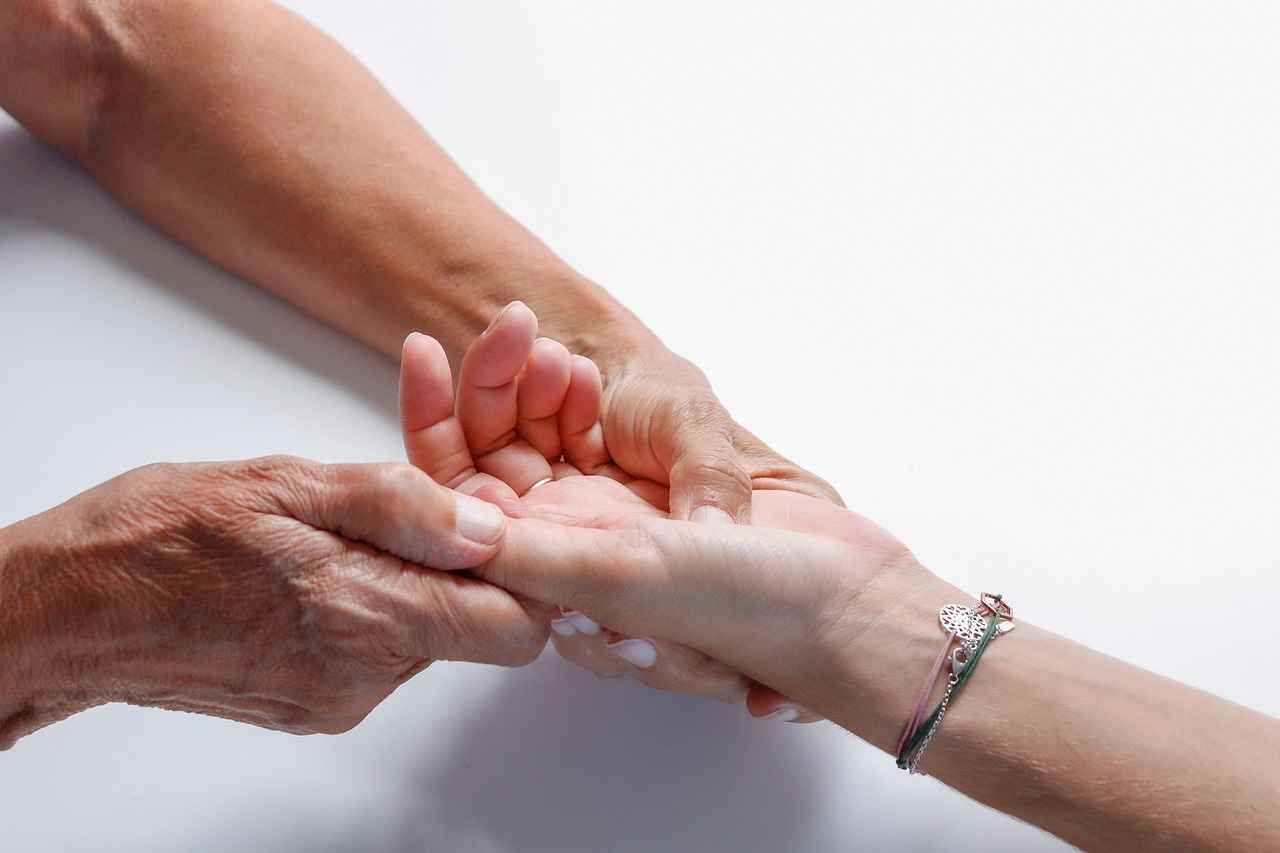
Physical Health Benefits of Asian Massage
Asian massage therapies have been practiced for centuries, offering a holistic approach to wellness that encompasses both physical and mental health benefits. Among the many advantages, the physical health benefits of regular Asian massage treatments stand out prominently, providing a pathway to improved well-being through various techniques.
One of the most significant advantages of Asian massage is its ability to enhance circulation. Techniques such as Shiatsu and Tuina are designed to stimulate blood flow, ensuring that oxygen and nutrients are efficiently delivered to cells throughout the body. This improved circulation not only supports organ function but also plays a vital role in the body’s natural healing processes.
- Increased Oxygen Delivery: Enhanced blood flow ensures that tissues receive adequate oxygen, which is crucial for energy production and overall vitality.
- Reduced Risk of Cardiovascular Issues: Regular massage can lead to lower blood pressure and improved heart health, reducing the likelihood of heart-related conditions.
Additionally, Asian massage is particularly effective in alleviating muscle tension. The combination of pressure and stretching techniques helps to release knots and tightness in muscles, promoting relaxation. This relief from muscle tension can lead to:
- Improved Flexibility: Regular sessions can enhance range of motion, making everyday activities easier and more comfortable.
- Pain Management: Individuals suffering from chronic pain conditions often find significant relief through targeted massage techniques.
Moreover, Asian massage promotes overall body function by balancing the body’s energy systems. Techniques like acupressure work on specific points to harmonize bodily functions, leading to improved health outcomes. This holistic approach not only addresses physical symptoms but also contributes to a sense of well-being and vitality.
Incorporating regular Asian massage treatments into one’s wellness routine can yield lasting benefits, enhancing both physical health and overall quality of life.
Improved Circulation
Asian massage techniques are renowned for their ability to significantly enhance circulation in the body. By employing a variety of methods, these treatments stimulate blood flow, which is essential for delivering oxygen and nutrients to tissues. This improved blood circulation not only supports organ function but also contributes to overall health and vitality.
One of the key benefits of enhanced circulation is its impact on oxygen delivery. When blood flow is increased, tissues receive a greater supply of oxygen, which is vital for cellular metabolism and energy production. This process can lead to improved muscle performance and faster recovery from physical exertion, making it especially beneficial for athletes and active individuals.
In addition to oxygen delivery, better circulation aids in the removal of metabolic waste products from the body. This detoxification process is crucial for maintaining optimal health, as it helps prevent the buildup of toxins that can lead to various health issues. By facilitating the elimination of these substances, Asian massage techniques can contribute to a more balanced and healthy internal environment.
Specific techniques such as acupressure and Shiatsu are particularly effective in promoting circulation. These methods focus on applying pressure to key points on the body, which can open up pathways for blood flow and enhance the body’s natural healing processes. Regular sessions utilizing these techniques can lead to lasting improvements in circulation, making them an essential component of a comprehensive wellness routine.
Moreover, the long-term benefits of improved circulation cannot be overstated. Consistent enhancement of blood flow can reduce the risk of cardiovascular diseases, lower blood pressure, and improve overall energy levels. By incorporating Asian massage into your health regimen, you can experience these benefits firsthand, leading to a healthier and more vibrant life.
Techniques for Enhanced Circulation
Asian massage techniques are renowned for their ability to promote physical and mental well-being. Among these techniques, acupressure and Shiatsu stand out for their targeted approach to enhancing circulation and fostering healing. These methods are not just about relaxation; they are deeply rooted in the principles of traditional medicine, focusing on specific pressure points that correspond to various bodily functions.
Acupressure is an ancient practice that involves applying pressure to key points on the body, known as acupoints. This technique helps to unblock energy pathways, or meridians, allowing for improved blood flow. When blood circulation is enhanced, it leads to better oxygen delivery to vital organs, which can significantly improve overall health. Additionally, this method can aid in reducing muscle tension and alleviating pain, making it a popular choice for those suffering from chronic discomfort.
Shiatsu, a Japanese form of massage, similarly utilizes pressure on specific points to stimulate circulation. This technique involves rhythmic finger and palm pressure along the body’s meridians, which can help release physical and emotional tension. By promoting blood flow, Shiatsu not only aids in physical recovery but also contributes to mental relaxation, making it a holistic approach to wellness.
Both acupressure and Shiatsu can be particularly beneficial for individuals with sedentary lifestyles or those recovering from injuries. Regular sessions can lead to long-term benefits, including a reduced risk of cardiovascular issues and enhanced energy levels. As circulation improves, the body becomes more efficient at healing itself, showcasing the profound impact these techniques can have on overall vitality.
Incorporating these massage techniques into a regular wellness routine can be a transformative experience, offering not just immediate relief but also long-lasting health benefits. Whether you are seeking to alleviate stress or enhance your physical health, exploring acupressure and Shiatsu may be the key to unlocking a healthier you.
Long-term Benefits of Improved Circulation
When it comes to enhancing overall health and vitality, improved circulation plays a pivotal role. Regular Asian massage treatments are designed not only to relieve tension but also to significantly boost blood flow throughout the body. This increased circulation has numerous long-term benefits that can transform one’s health and well-being.
One of the most significant advantages of consistent circulation improvement is the reduced risk of cardiovascular issues. By promoting better blood flow, the heart does not have to work as hard to pump blood, which can lead to lower blood pressure and a decreased likelihood of heart-related conditions. This proactive approach to heart health is essential, especially in a world where cardiovascular diseases are prevalent.
Moreover, enhanced circulation aids in the delivery of oxygen and nutrients to vital organs and tissues. This process not only supports organ function but also facilitates faster recovery from injuries and enhances overall energy levels. Individuals often report feeling more energetic and vibrant after regular massage sessions, attributing this newfound vitality to improved blood circulation.
Another critical aspect to consider is how better circulation can positively affect mental clarity. Improved blood flow to the brain can enhance cognitive functions, including focus and memory. Many individuals find that after a massage, they experience heightened mental acuity, allowing them to tackle daily tasks with greater efficiency.
In addition, consistent improvement in circulation can lead to enhanced immune function. A well-circulated body is better equipped to fight off infections and diseases. This is particularly important in maintaining health during seasonal changes when the immune system may be challenged.
Ultimately, the long-term benefits of improved circulation through regular Asian massage treatments extend far beyond immediate relaxation. They encompass a holistic approach to health that promotes cardiovascular wellness, boosts energy levels, enhances mental clarity, and strengthens the immune system. Embracing these practices can lead to a more vibrant and healthy life.
Muscle Tension Relief
Muscle tension can be a significant source of discomfort in our daily lives. It often arises from various factors, including stress, poor posture, and physical activity. Asian massage offers a holistic approach to addressing these issues, effectively targeting muscle tension and providing relief.
One of the primary techniques used in Asian massage is acupressure, which involves applying pressure to specific points on the body. This method not only alleviates muscle tightness but also promotes the flow of qi (or energy) throughout the body. By restoring balance, acupressure can lead to a significant reduction in pain and discomfort.
Another popular technique is Shiatsu, a Japanese form of massage that uses finger pressure along the body’s energy pathways. This method is particularly effective for relieving muscle tension in the back, neck, and shoulders, where stress often accumulates. Shiatsu encourages relaxation and flexibility, allowing the body to return to a state of equilibrium.
In addition to these techniques, Thai massage incorporates stretching and rhythmic movements, which can enhance flexibility and relieve muscle stiffness. The combination of pressure and stretching helps to release tension, making it an excellent choice for those who engage in regular physical activity.
The benefits of Asian massage extend beyond mere relaxation. Regular sessions can improve overall body function, leading to enhanced mobility and a greater sense of well-being. Many individuals report feeling more energized and less fatigued after just a few treatments.
Incorporating Asian massage into your wellness routine can be a transformative experience. Whether you are dealing with chronic muscle tension or simply seeking a way to unwind, these techniques offer a natural and effective solution. By prioritizing your physical health through regular massage, you can enjoy a more balanced and fulfilling life.
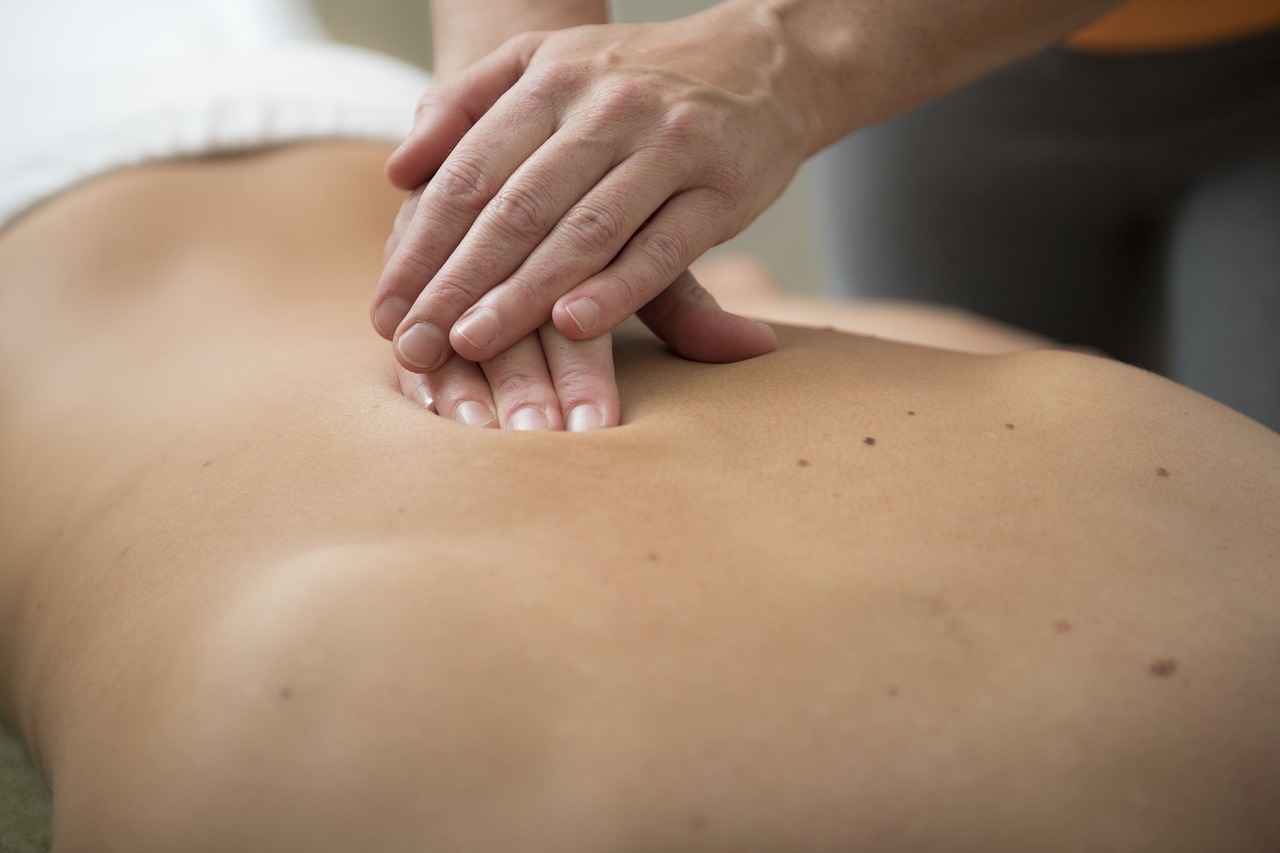
Mental Health Benefits of Asian Massage
Asian massage is not only renowned for its physical benefits but also for its profound impact on mental health. The mental health benefits of Asian massage treatments extend beyond mere relaxation, encompassing a range of advantages that can significantly enhance one’s overall well-being.
One of the most notable benefits of Asian massage is its ability to reduce stress. Techniques such as Shiatsu and Thai massage incorporate rhythmic movements and deep pressure, which can help to calm the nervous system. As a result, individuals often leave sessions feeling rejuvenated and less burdened by daily stresses.
Asian massage treatments can also play a critical role in anxiety reduction. The soothing environment of a massage session, combined with the therapist’s skilled techniques, helps to lower cortisol levels—the hormone associated with stress. Regular sessions can lead to a noticeable decrease in anxiety levels, providing individuals with a sense of peace and tranquility.
Furthermore, the release of endorphins during a massage session can lead to an improved mood. These natural chemicals are known to promote feelings of happiness and euphoria. As clients experience the physical relief from tension and pain, they often find that their emotional state improves as well.
Regular Asian massage can also enhance mental clarity and focus. By alleviating physical discomfort, individuals can experience greater cognitive function. This clarity can lead to improved decision-making and productivity in both personal and professional spheres.
Many Asian massage therapies emphasize mindfulness, encouraging clients to be present in the moment. This practice not only enhances the massage experience but also contributes to long-term mental health benefits, fostering a deeper connection between mind and body.
In summary, the mental health benefits of Asian massage treatments are vast and impactful. By integrating these practices into regular wellness routines, individuals can experience a holistic improvement in both their mental and physical health.
Stress Reduction Techniques
In today’s fast-paced world, stress has become a common part of life for many individuals. One effective way to combat this issue is through Asian massage techniques, which are designed not only to relax the body but also to calm the mind. These techniques often incorporate breathing exercises and rhythmic movements that work synergistically to reduce stress levels and promote a profound sense of calm.
Asian massage encompasses various styles, each with its unique methods of addressing mental and physical well-being. For instance, Thai massage integrates gentle stretches and deep pressure, encouraging a state of relaxation while aligning the body’s energy pathways. Similarly, Shiatsu employs finger pressure on specific points to relieve tension and improve emotional balance.
- Breathing Techniques: Many Asian massage styles emphasize deep, intentional breathing. This practice not only enhances relaxation but also helps to lower heart rates and reduce cortisol levels, further alleviating stress.
- Rhythmic Movements: The fluid, rhythmic motions characteristic of these massages create a meditative state, allowing individuals to disconnect from daily stressors and focus on their inner peace.
- Mindfulness: Engaging in a massage session encourages mindfulness, where individuals become more aware of their bodies and sensations, leading to greater emotional stability and clarity.
Moreover, these techniques can significantly improve overall mental health. Regular sessions can enhance mental clarity and focus, which are essential for effective decision-making and productivity in everyday life. By consistently incorporating Asian massage into one’s wellness routine, individuals can cultivate a more balanced and peaceful state of mind.
In summary, Asian massage styles that utilize breathing techniques and rhythmic movements are invaluable tools for reducing stress and promoting mental well-being. By embracing these practices, individuals can achieve a greater sense of calm and improve their overall quality of life.
Enhancing Mental Clarity
Enhancing mental clarity is a vital aspect of maintaining overall well-being in today’s fast-paced world. Regular sessions of Asian massage can play a significant role in achieving this goal, providing numerous benefits that extend beyond mere relaxation.
One of the primary ways that Asian massage contributes to mental clarity is through the reduction of stress. Stress can cloud our thinking and impair our decision-making abilities. Techniques such as Shiatsu and Thai massage utilize rhythmic pressure and stretching to help release tension in both the body and mind. This release can lead to a clearer mental state, allowing individuals to think more clearly and make informed decisions.
Moreover, the soothing nature of Asian massage promotes a state of deep relaxation, which is essential for mental rejuvenation. When the body is relaxed, the mind follows suit, leading to improved focus and concentration. This is particularly beneficial in a work environment where distractions are plentiful. Regular massage sessions can help individuals maintain their focus, ultimately enhancing productivity.
Additionally, the mindful practices often incorporated into Asian massage, such as controlled breathing and meditation, encourage a deeper connection between the mind and body. This connection fosters a greater awareness of one’s thoughts and feelings, enabling individuals to manage their emotional responses more effectively. As a result, they can approach daily challenges with a more balanced perspective.
In summary, integrating regular Asian massage into one’s wellness routine can significantly enhance mental clarity and focus. By reducing stress, promoting relaxation, and encouraging mindfulness, these treatments contribute to improved decision-making and increased productivity in daily life. Embracing these benefits can lead to a more fulfilling and successful lifestyle.
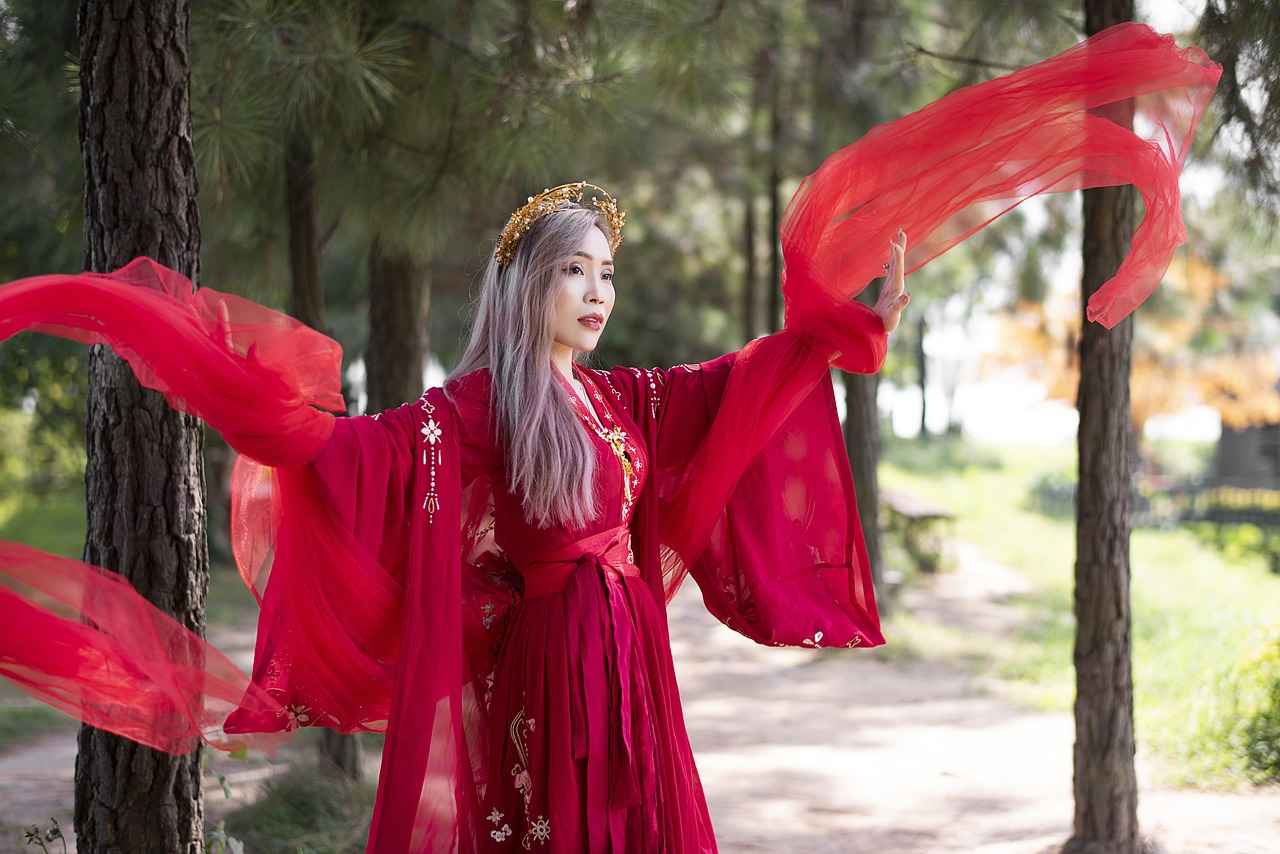
Boosting Immune System Function
Asian massage therapies are not only a source of relaxation but also play a significant role in enhancing immune system function. By reducing stress levels and promoting deep relaxation, these treatments create an environment conducive to better overall health.
Stress is known to have a detrimental impact on the immune system. When the body is under stress, it produces higher levels of cortisol, a hormone that, when elevated, can suppress the immune response. Regular sessions of Asian massage can help mitigate these effects by inducing a state of relaxation that counters stress-related responses.
How Does Massage Influence Immune Response?
Research indicates that massage therapy can enhance the activity of natural killer cells, which are crucial for defending the body against infections and diseases. These cells are part of the innate immune system and help to identify and destroy harmful pathogens. By incorporating Asian massage into your wellness routine, you may witness an increase in these protective cells, thereby boosting your body’s ability to fend off illnesses.
Techniques That Promote Immune Health
- Shiatsu: This Japanese technique involves applying pressure to specific points on the body, which can help stimulate the immune system.
- Thai Massage: Combining stretching and acupressure, this method enhances circulation and lymphatic flow, essential for immune health.
- Tui Na: A traditional Chinese massage that focuses on balancing energy and improving overall bodily function, which can indirectly support immune responses.
Integrating Massage into Your Wellness Routine
To maximize the benefits of Asian massage for immune system enhancement, consider scheduling regular sessions. Consistency is key; even a monthly massage can significantly impact stress levels and overall health. Additionally, pairing massage with other wellness practices such as healthy eating and regular exercise can further strengthen your immune system.
In summary, the integration of Asian massage into your health regimen not only promotes relaxation and stress relief but also plays a vital role in boosting your immune system function, making it an essential component of holistic health management.
How Massage Affects Immunity
Massage therapy has long been celebrated for its numerous benefits, particularly in enhancing overall well-being. Among its many advantages, one crucial area of focus is the impact of regular massage on the immune system. Research indicates that consistent massage can significantly bolster the body’s defense mechanisms, helping to fend off illnesses more effectively.
Understanding the Immune System
The immune system is the body’s natural defense against pathogens, including viruses and bacteria. It comprises various cells and organs that work together to protect the body. Regular massage can play a vital role in maintaining the efficiency of this system.
How Massage Stimulates Immune Function
Studies suggest that massage therapy can enhance the activity of natural killer (NK) cells, which are essential components of the immune system. These cells help to identify and destroy infected or cancerous cells. Furthermore, massage has been shown to reduce levels of cortisol, a stress hormone that can negatively impact immune function when present in high amounts.
Benefits of Increased Immune Activity
- Enhanced Disease Resistance: With improved immune cell activity, the body is better equipped to combat infections and illnesses.
- Faster Recovery: Regular massage can lead to quicker recovery times from illnesses, as the body’s healing processes are optimized.
- Overall Wellness: A robust immune system contributes to overall health, reducing the frequency of sickness and promoting a better quality of life.
Incorporating Massage into Your Routine
To reap these immune-boosting benefits, consider integrating massage therapy into your regular wellness routine. Consulting with a qualified massage therapist can help tailor sessions to your specific needs, ensuring you receive the maximum benefits for your immune system and overall health.
In conclusion, regular massage not only provides relaxation and stress relief but also plays a crucial role in enhancing immune function. By prioritizing massage therapy, individuals can significantly improve their ability to fend off illnesses and maintain optimal health.
Integrating Massage into Wellness Routines
Integrating Asian massage into regular wellness routines can significantly enhance health and well-being. This practice, rooted in centuries of tradition, offers a holistic approach to maintaining a balanced immune system and promoting overall health. By incorporating these techniques into your lifestyle, you can experience a range of benefits that extend beyond mere relaxation.
One of the most notable advantages of regular Asian massage is its ability to reduce stress. Stress is a known factor that can weaken the immune system, making the body more susceptible to illness. Techniques such as Tui Na and Shiatsu not only alleviate physical tension but also promote mental clarity and emotional balance. This reduction in stress levels can lead to an enhanced immune response, allowing the body to better defend itself against pathogens.
Moreover, Asian massage techniques often incorporate elements of energy flow, such as Qi Gong and Thai massage, which aim to restore balance within the body. By stimulating specific pressure points and energy pathways, these massages can optimize bodily functions and enhance overall vitality. Regular sessions can contribute to improved circulation, ensuring that essential nutrients reach every part of the body, which is vital for maintaining a robust immune system.
In addition to physical benefits, the mental health aspects of Asian massage cannot be overlooked. The calming effects of these treatments can lead to improved mood and emotional resilience. As individuals experience a greater sense of well-being, their ability to cope with stressors increases, further supporting immune health.
To fully reap the benefits of Asian massage, it is essential to integrate it into a comprehensive wellness routine. This can include regular sessions, combined with practices such as mindfulness, healthy nutrition, and adequate rest. By doing so, individuals can create a synergistic effect that promotes not only a balanced immune system but also a healthier lifestyle overall.

Choosing the Right Type of Asian Massage
When it comes to Asian massage, choosing the right type can significantly impact your overall experience and health benefits. With a wide array of styles available, understanding the unique characteristics and advantages of each can help you make an informed decision tailored to your individual health needs.
- Thai Massage: This dynamic style combines acupressure and assisted yoga postures. It is ideal for those seeking to improve flexibility and relieve muscle tension.
- Shiatsu: Originating from Japan, Shiatsu focuses on applying pressure to specific points on the body. This technique is excellent for stress relief and enhancing energy flow.
- Tui Na: A Chinese therapeutic massage that includes kneading and rolling techniques, Tui Na is beneficial for addressing specific ailments and promoting overall well-being.
- Ayurvedic Massage: Rooted in ancient Indian practices, this massage uses warm oils and herbal remedies tailored to individual body types, promoting balance and rejuvenation.
Understanding your specific health goals is crucial. For instance, if you are looking to alleviate chronic pain, Shiatsu or Tui Na might be more effective due to their targeted pressure techniques. Conversely, if you seek relaxation and stress relief, Thai massage could be the perfect choice, as it combines gentle stretching with deep pressure.
Consulting with a certified massage therapist is also highly recommended. They can assess your needs and guide you towards the most suitable technique, ensuring that you reap the maximum benefits from your massage sessions. Additionally, consider your personal preferences regarding pressure intensity and the type of movements you find most comfortable.
Ultimately, the right type of Asian massage can enhance not only your physical health but also your mental well-being. By taking the time to choose wisely, you can create a personalized massage experience that aligns with your unique lifestyle and health objectives.
Popular Asian Massage Techniques
When it comes to enhancing wellness, Asian massage techniques offer a diverse range of options tailored to individual needs. Each method, deeply rooted in cultural traditions, provides unique benefits that can support both physical and mental health. Below, we explore three popular techniques: Thai massage, Tui Na, and Ayurvedic massage.
- Thai Massage:
This ancient practice combines acupressure, assisted yoga poses, and deep stretching. It aims to balance energy lines in the body, known as Sen lines. Thai massage is performed on a mat, allowing the therapist to use their body weight to apply pressure, facilitating enhanced flexibility and relaxation.
- Tui Na:
A traditional Chinese therapeutic massage, Tui Na focuses on the body’s energy flow, or Qi. This technique employs a variety of hand techniques to stimulate acupressure points and meridians. Tui Na is particularly effective for treating musculoskeletal issues and improving overall energy levels.
- Ayurvedic Massage:
Originating from India, Ayurvedic massage emphasizes the balance of body energies, known as doshas. Using warm herbal oils, this technique promotes detoxification and relaxation while addressing specific health concerns. It is often combined with other Ayurvedic practices, such as herbal remedies and dietary adjustments, for holistic wellness.
Exploring these techniques enables individuals to identify which method aligns best with their wellness goals. Whether seeking relaxation, pain relief, or energy balance, each massage type offers distinct advantages that can contribute to overall health improvement.
Consulting with a qualified therapist can further enhance the experience, ensuring that the chosen technique effectively addresses personal health needs. By understanding these popular Asian massage techniques, individuals can make informed decisions that lead to a more balanced and fulfilling wellness journey.
Consulting with Professionals
When it comes to enhancing your wellness through massage, consulting with certified massage therapists is an essential step. These professionals possess the knowledge and expertise to guide you in selecting the most effective techniques tailored to your specific needs.
Understanding the variety of massage styles available can be overwhelming, especially with the rich traditions of Asian massage. Each technique, from Shiatsu to Thai massage, offers unique benefits that cater to different health concerns. A certified massage therapist can assess your individual circumstances, including any existing health conditions, stress levels, and muscle tension patterns, to recommend the most suitable approach.
Moreover, a professional therapist can provide insights on the frequency and duration of sessions needed to achieve optimal results. For instance, some individuals may benefit from weekly sessions, while others might find monthly treatments more appropriate. This personalized advice can significantly enhance the effectiveness of the massage experience.
Additionally, certified therapists are trained to identify pressure points and areas of tension that may not be apparent to the average person. Their expertise allows them to apply the right amount of pressure and utilize specific techniques that promote healing and relaxation. This tailored approach not only improves physical health but also contributes to mental well-being by reducing stress and anxiety.
Incorporating massage therapy into your wellness routine can be a transformative experience. By seeking guidance from professionals, you ensure that your journey toward better health is both effective and enjoyable. Ultimately, the right therapist can help you unlock the full potential of Asian massage techniques, leading to a more balanced and fulfilling life.
Frequently Asked Questions
- What are the main benefits of Asian massage?
Asian massage offers a multitude of benefits, including improved circulation, muscle tension relief, and enhanced mental clarity. It also promotes relaxation, reduces stress, and can even boost your immune system. Imagine feeling rejuvenated and balanced after just one session!
- How often should I get an Asian massage?
The frequency of your massage sessions can depend on your individual needs and health goals. For general wellness, once a month might suffice, but if you’re dealing with stress or muscle tension, consider weekly or bi-weekly treatments. Think of it like watering a plant; regular care leads to better growth!
- Are there different types of Asian massage?
Absolutely! There are several styles of Asian massage, including Thai, Shiatsu, and Tui Na, each with unique techniques and benefits. It’s like choosing your favorite flavor of ice cream; you might find that one suits your taste better than the others!
- Can Asian massage help with anxiety?
Yes, many people find that Asian massage helps alleviate anxiety by promoting relaxation and reducing stress levels. The soothing techniques used can create a calm environment, allowing you to unwind and recharge. It’s like hitting the reset button for your mind!
- Should I consult a professional before starting massage therapy?
Definitely! Consulting with a certified massage therapist can help you determine the best type of Asian massage for your specific needs. They can guide you based on your health history and wellness goals, ensuring a tailored experience that’s just right for you.
